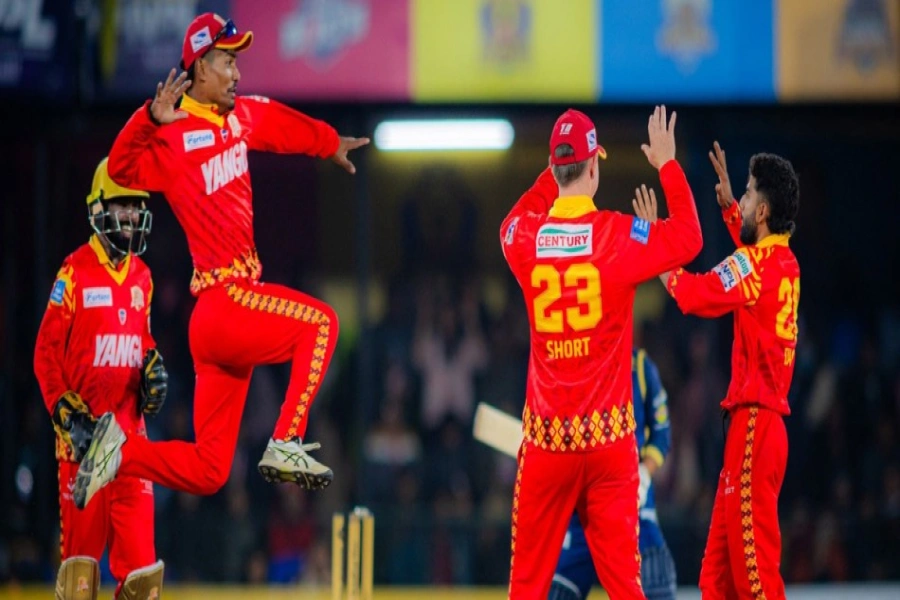Bhutan's image as the happiest nation on Earth is a carefully crafted myth that conceals a harsh reality of human rights abuses and political repression
Bhutan, often referred to as the "Land of the Thunder Dragon," is known for its stunning natural landscapes, rich cultural heritage, and the unique philosophy of Gross National Happiness (GNH). This small Himalayan kingdom has captured global attention with its emphasis on happiness over economic growth. However, beneath this idyllic facade lies a troubling reality of human rights abuses, ethnic discrimination, and political repression.
The Myth of the Happiest Nation
Bhutan's government frequently boasts about being the happiest nation on Earth. The concept of GNH, introduced by the fourth King Jigme Singye Wangchuck in the 1970s, measures the nation's progress based on collective happiness rather than GDP. While this idea has garnered international praise, it has also served to mask the severe human rights violations and lack of democratic freedoms within the country.
Ethnic Cleansing and Citizenship Struggles
The dark side of Bhutan's happiness narrative is most apparent in the treatment of its ethnic Nepali-speaking people who have faced systematic discrimination and violence. In the 1990s, the Bhutanese government embarked on a campaign to strip thousands of them of their citizenship, leading to mass expulsions and widespread human rights abuses.
Families were torn apart, and many were forced into exile, losing their homes and livelihoods. Those who remained in Bhutan continue to live in fear, with their citizenship status often revoked arbitrarily. This ethnic cleansing campaign has left deep scars and created a persistent atmosphere of insecurity and trauma among the Nepali speaking community.
Bhutan Watch exposes deepening Human Rights crisis in Bhutan in...

Violations and Atrocities
Reports of violence against these Nepali speaking Bhutanese population are alarming. Incidents of rape, arbitrary detention, and other forms of abuse are not uncommon. Despite these atrocities, the Bhutanese government maintains its self-proclaimed status as the world's happiest nation, a claim that rings hollow to those who suffer under its rule.
Case Study: The Injustice of Political Prisoners
In Bhutan, advocating for democracy and human rights can result in severe punishment. As of now, there are 34 known political prisoners as has been verified and published by the New York based Human Rights Watch who have been incarcerated for raising their voices against the oppressive regime. These individuals, many of whom have been imprisoned for decades, include Ram Lal Rawat, imprisoned for life since 1990; Bishnu Rai, imprisoned for life since 1990; Madhulal Budathoki, imprisoned for life since 1990; M B Bhujel, imprisoned for life since 1990; Lok Bahadur Ghale, imprisoned for life since 1990; Sha Bahadur Gurung, imprisoned for life since 1990; Kumar Rai, imprisoned for life since 1990; Prem Rai, imprisoned for life since 1990. All of them are serving their jail terms in Rabuna.
Likewise, Tendzin Gawa Zangpo has been serving a life sentence since 2009 in Samdrup Jongkhar.
Others detained in Chemgang include Rinzin Wangdi, imprisoned since June 25, 1999, for 32 years and 6 months; Ganga Ram Dhakal, imprisoned since November 16, 1992, for life; Bhakta Bahadur Rai, imprisoned since September 23, 1993, for 36 years; Moni Kumar Pradhan, imprisoned since November 29, 1999, for 43 years; Prakash Mongar, imprisoned since March 21, 1999, for 36 years; Harka Bahadur Gurung, imprisoned since June 10, 1999, for 32 years; Dambar Singh Pulami, imprisoned since November 23, 2001, for 43 years; Yogi Prasad Subba, imprisoned since February 9, 2008; Chandra Raj Rai, imprisoned since July 24, 2008, for life; Pratap Singh Bhattarai, imprisoned since February 14, 2008, for 18 years; Chandra Man Subba, imprisoned since February 9, 2008, for 18 years; and Bhim Bahadur Rai, imprisoned since May 3, 2010, for four life terms in Chemgang.
Similarly, the Bhutanese government also imprisoned eleven others for life in Chemgang on February 26, 2008. They include Kumar Gautam, Hasta Bahadur Rai, Suk Man Mongar, Birkha Bahadur (Basnet) Chhetri, Govinda Niroula, Nandalal Basnet, Om Nath Adhikari, Khagendra Khanal, Aita Raj Rai, San Man Gurung, and Chatur Man Tamang.
These political prisoners, often referred to as heroes by their supporters, have been denied justice and remain behind bars despite Bhutan's claims of being a democratic and happy nation.
Recent Exile of Political Prisoners
The international community has been increasingly critical of Bhutan's human rights record. Recently, Prime Minister Lotay Tshering acknowledged that people are leaving the country, a phenomenon he attributed to the lack of democracy and human rights under the current regime.
One notable case is that of Ram Bahadur Rai, a political prisoner who served 31 years and 10 months in prison. Upon his release, he was immediately expelled from the country. This act of expelling individuals who have already suffered long prison sentences is a stark reminder of Bhutan's repressive policies. The same fate befell Madhukar Magar, another political prisoner released after 30 years and four months. He was not allowed to remain in Bhutan even for a few days to meet his family and friends, highlighting the regime's lack of humanity and disregard for individual rights.
The Call for International Intervention
The ongoing human rights violations in Bhutan demand urgent attention from the international community. It is crucial for organizations such as the United Nations to hold Bhutan accountable for its actions and to advocate for the release of political prisoners and the restoration of citizenship to those who have been unjustly deprived.
The Unanswered Questions
The case of Lok Nath Acharya, whose whereabouts remain unknown, raises further concerns about the transparency and accountability of the Bhutanese government. The world needs to know if he is still alive and what plans, if any, the government has to address the injustices faced by the Lhotshampa and other oppressed groups.
The Way Forward
The path to genuine happiness and democracy in Bhutan requires significant reforms. The government must release all political prisoners and provide them with the justice they deserve, restore citizenship to the Lhotshampa and other disenfranchised groups, ensure the protection of human rights for all citizens, regardless of their ethnic background and foster a genuine democratic environment where dissent is allowed, and political participation is encouraged.
Bhutan's image as the happiest nation on Earth is a carefully crafted myth that conceals a harsh reality of human rights abuses and political repression. While the concept of Gross National Happiness is admirable in theory, it cannot be used to justify the suffering of thousands of people who have been denied their basic rights.
The international community must take a stand and demand that Bhutan uphold the principles of democracy and human rights. Only then can Bhutan truly claim to be a nation that prioritizes the well-being and happiness of all its citizens.



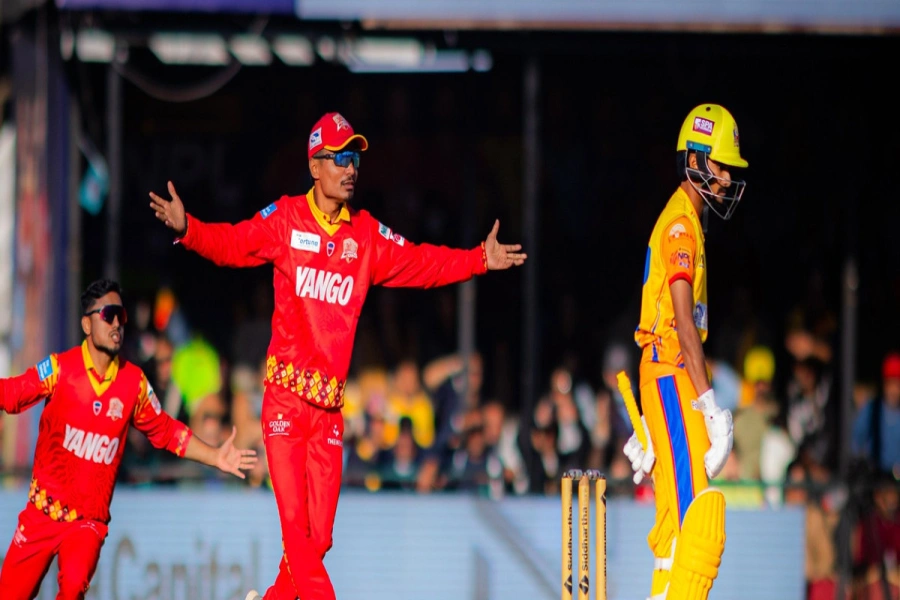
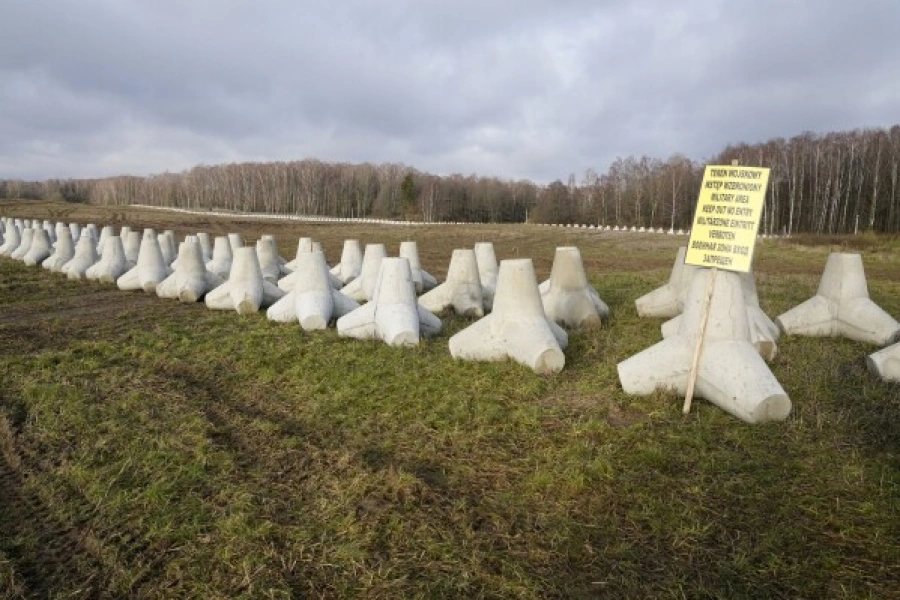

-1765616104-1765618344.webp)
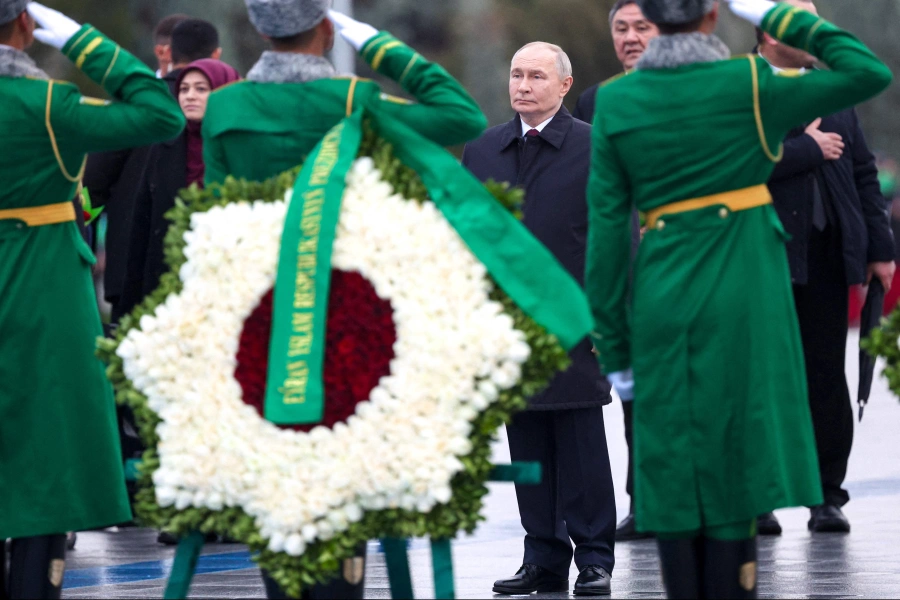
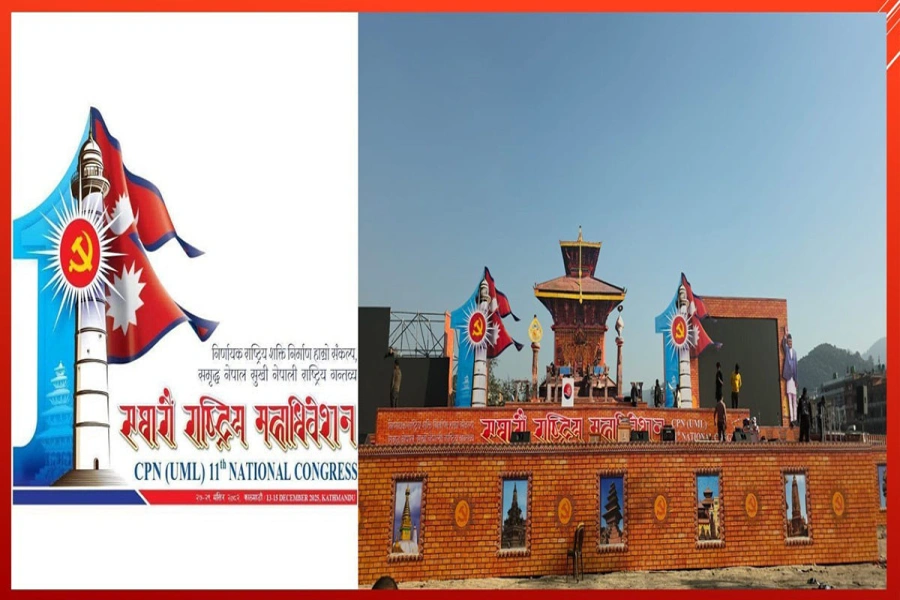







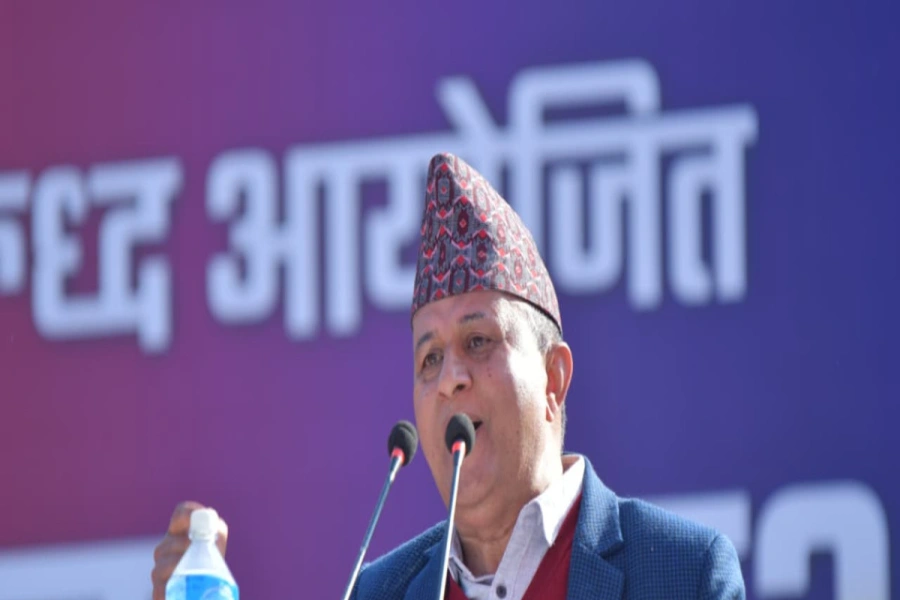

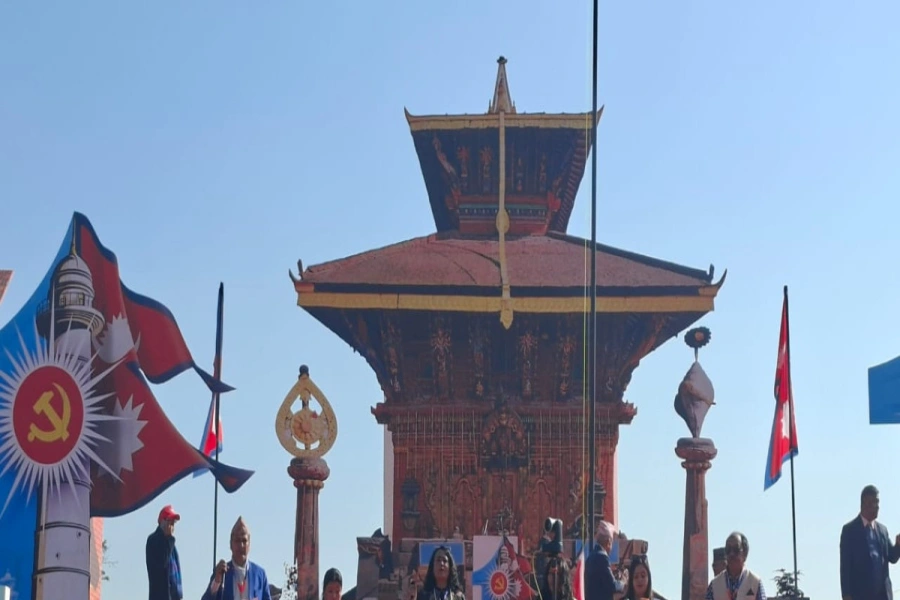

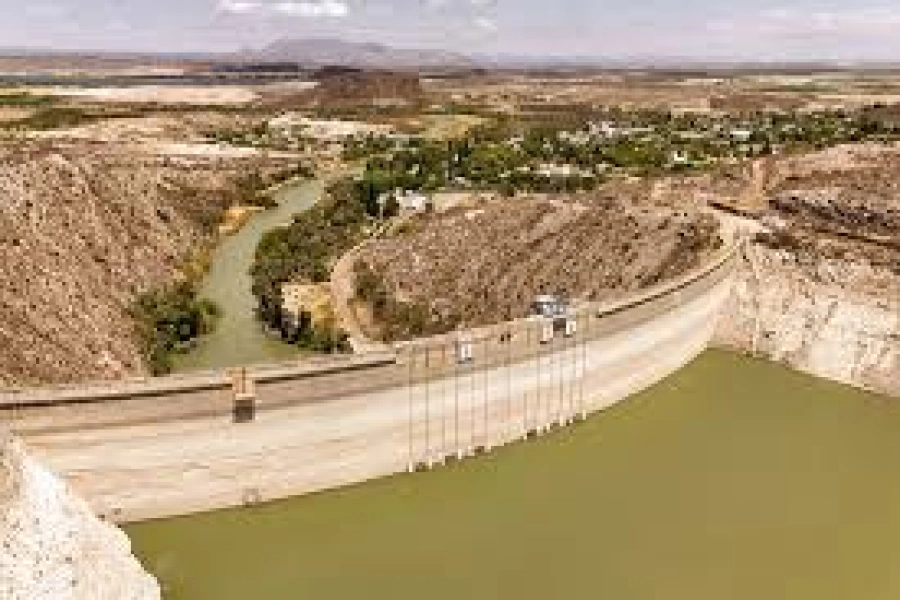

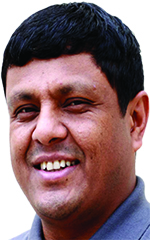

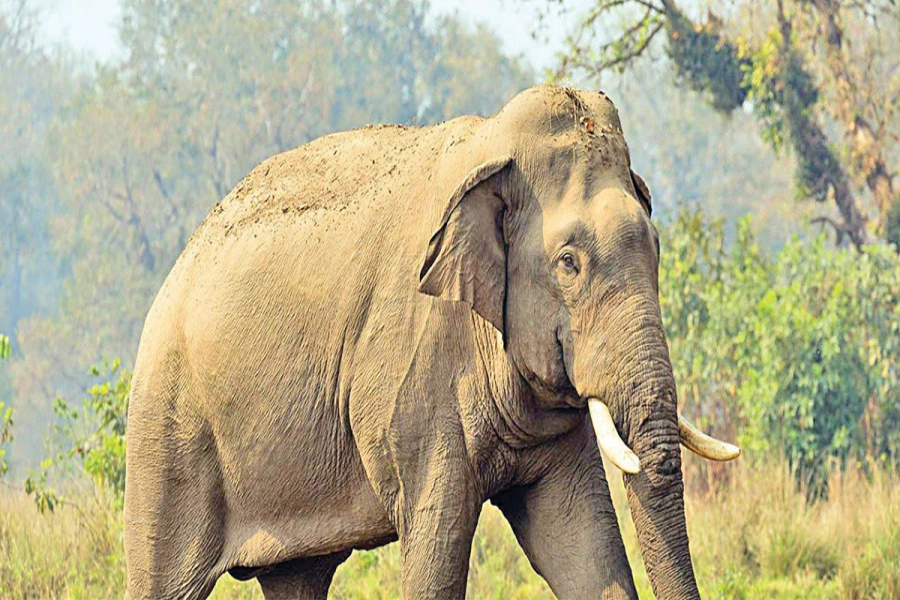


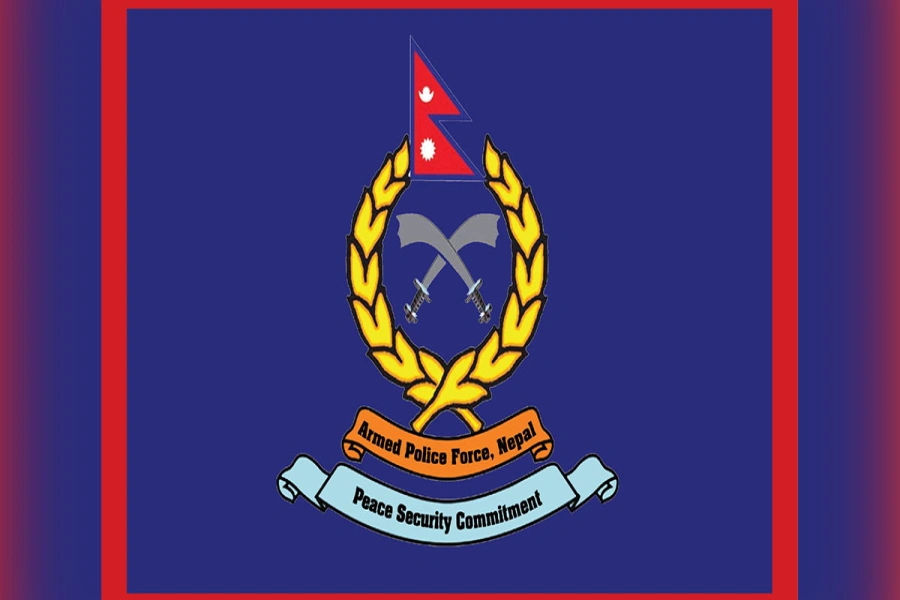
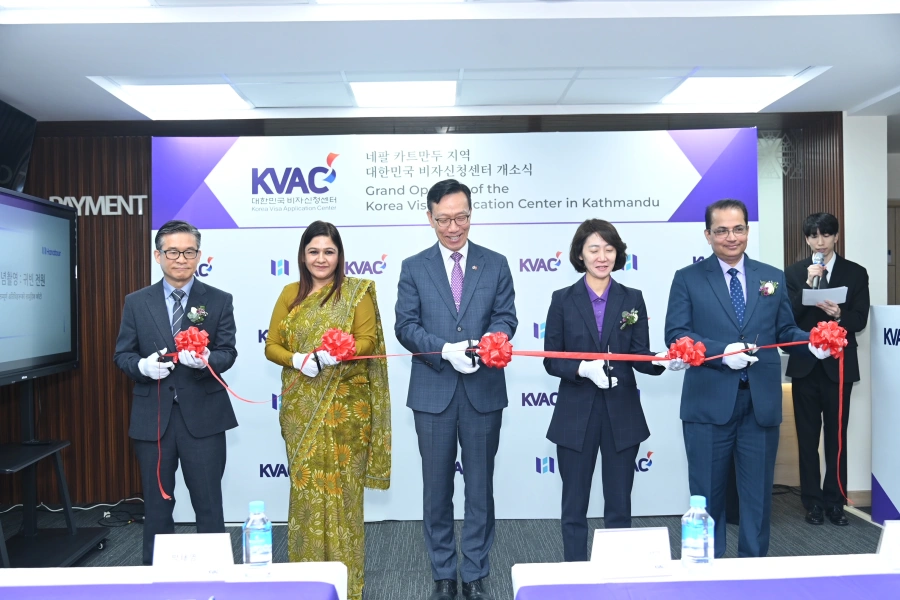





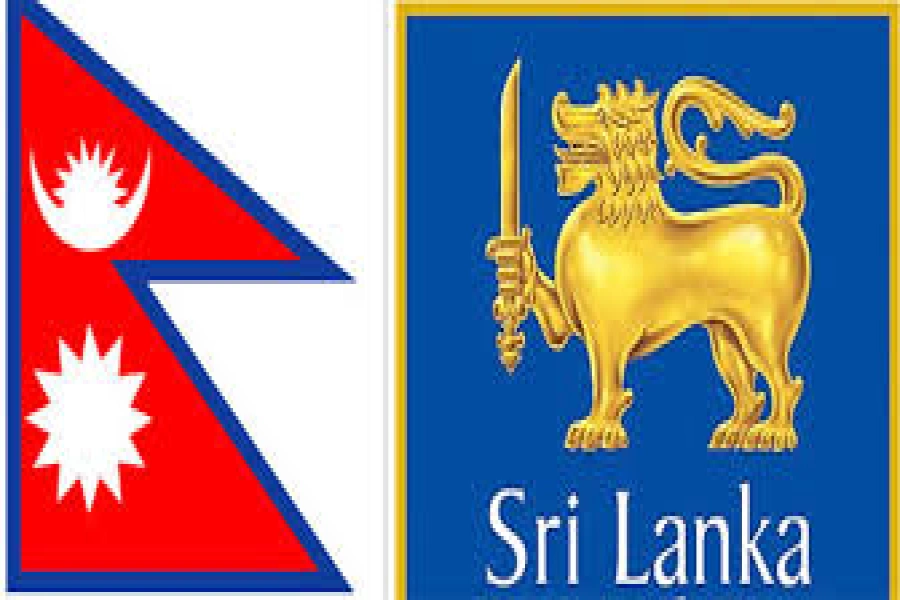
-1765616104.webp)

